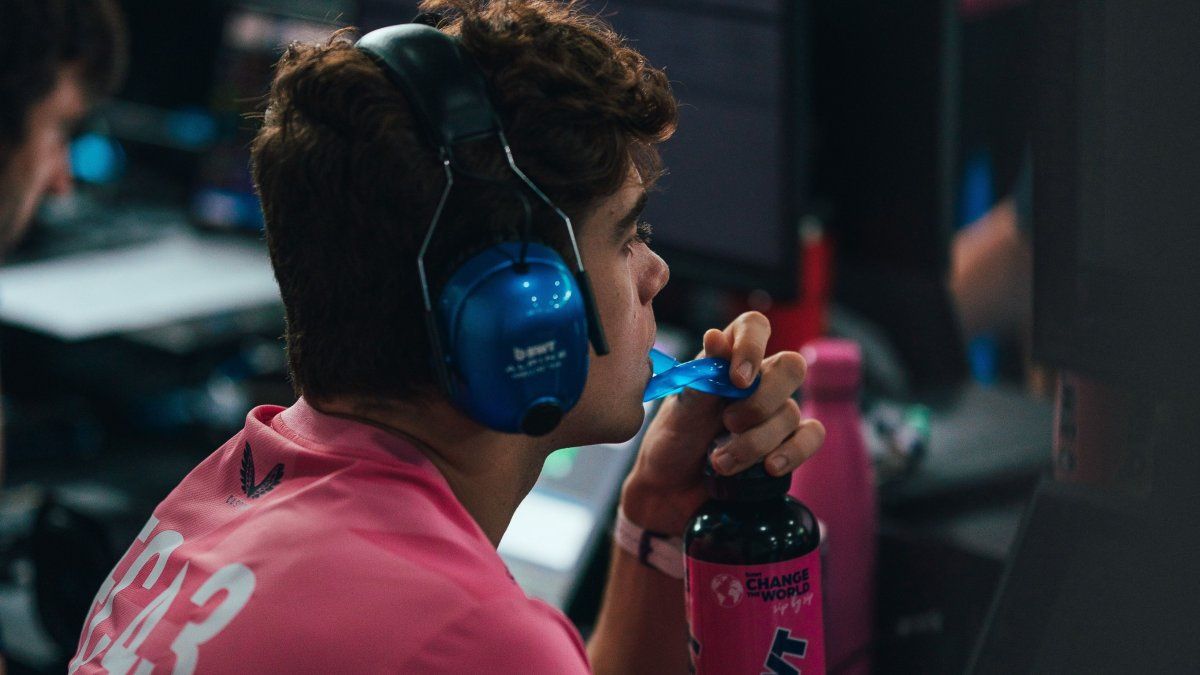On the chancellor question, Alexander Schallenberg (VP) is only just ahead of FP boss Herbert Kickl (23 percent) and SP chairwoman Pamela Rendi-Wagner (22 percent) with 27 percent.
800 people were interviewed by Peter Hajek’s Public Opinion Strategies, by telephone and online (target group: Austrian population aged 16 and over, maximum fluctuation range +/- 3.5 percent). Compared to the last Austrian trend from June, the VP fell by eleven percentage points. The SP remains the same at 23 percent, the FP increases from 18 to 20 percent, the Greens gain strongly from 12 to 16 percent, the NEOS remain at 12 percent and MFG come to 4 percent.
Hajek himself is careful in the interpretation. In the Sunday question, the situation was very confusing because the voters were only slowly getting an idea of the situation, he said in his statement to the APA. Compared to last week’s “profile” survey (field start after the special session of the National Council after Sebastian Kurz resigned), VP and SP are down two to three points, and the Greens can continue their upward trend from last week, he said.
“It can be assumed that the mood on the voter market will only settle in the course of November – provided that the political situation calms down and one can move on to day-to-day politics,” Hajek’s conclusion.
In the Chancellor question, Schallenberg started with 27 percent “by no means brilliant, but solid,” according to the pollster. The newcomer must first “introduce” himself to the people. Kurz had come to 42 percent in June. Kickl increased by nine percentage points and is now even one point ahead of Rendi-Wagner, but Hajek rates the lead as “not significant”. Hajek points out that the two have been commuting at a similar level for some time in the monthly “profil” survey. Like his party, Kogler was able to grow, increasing the chancellor’s question from 11 to 17 percent.
The work of the Economic and Corruption Public Prosecutor’s Office (WKStA), which conducts the VP investigations, is consistently rated positively in the survey, 18 percent see it as “very good”, and another 41 percent as “good”. VP voters are more critical (42 percent “good” or “very good”, 39 percent “somewhat” or “very bad”).
The idea of a ban on deleting cell phones by members of the government and parliamentarians is well received by 49 percent of the population, while 36 percent are against. Among VP voters, 68 percent see an encroachment on privacy that is too extensive.




